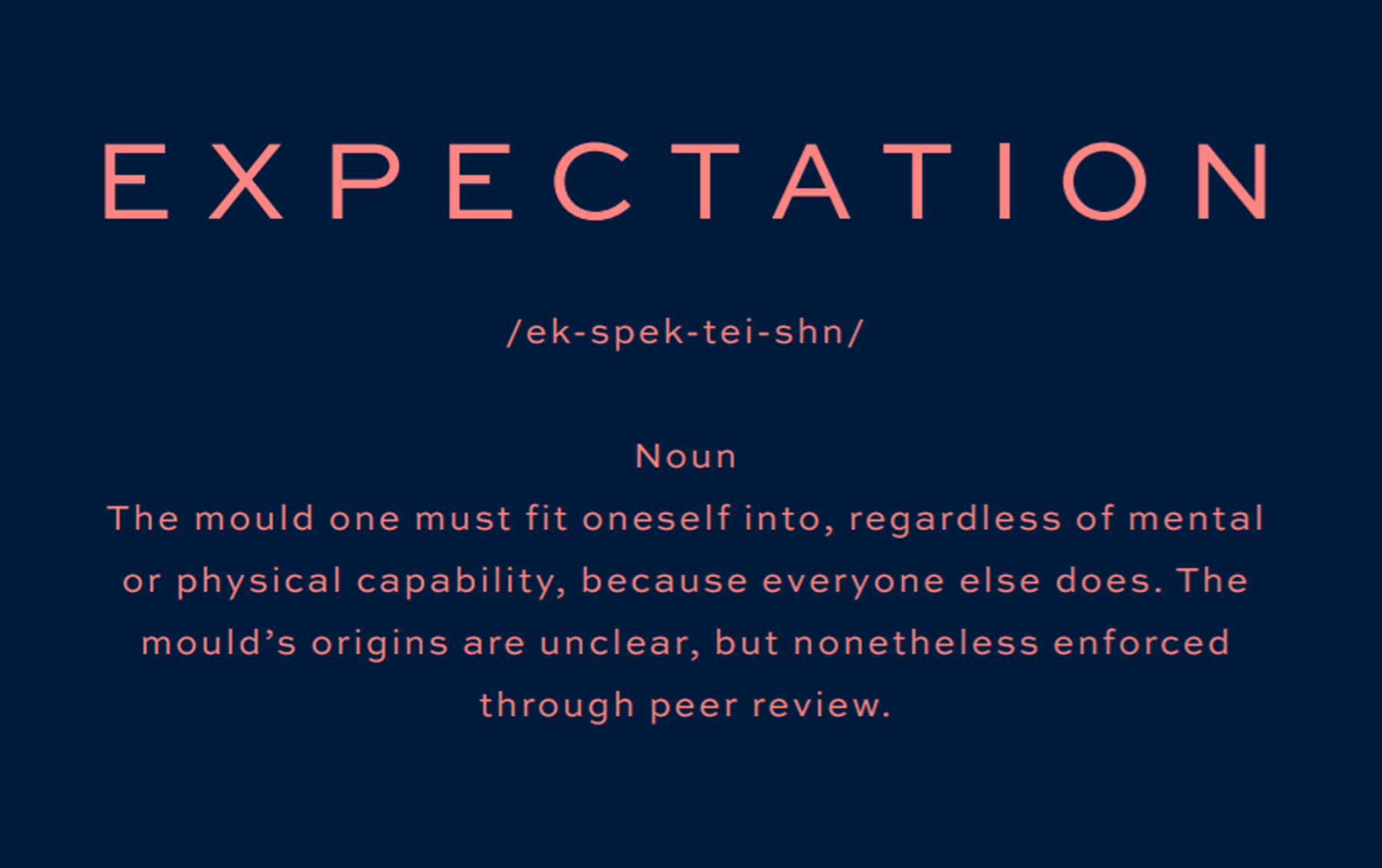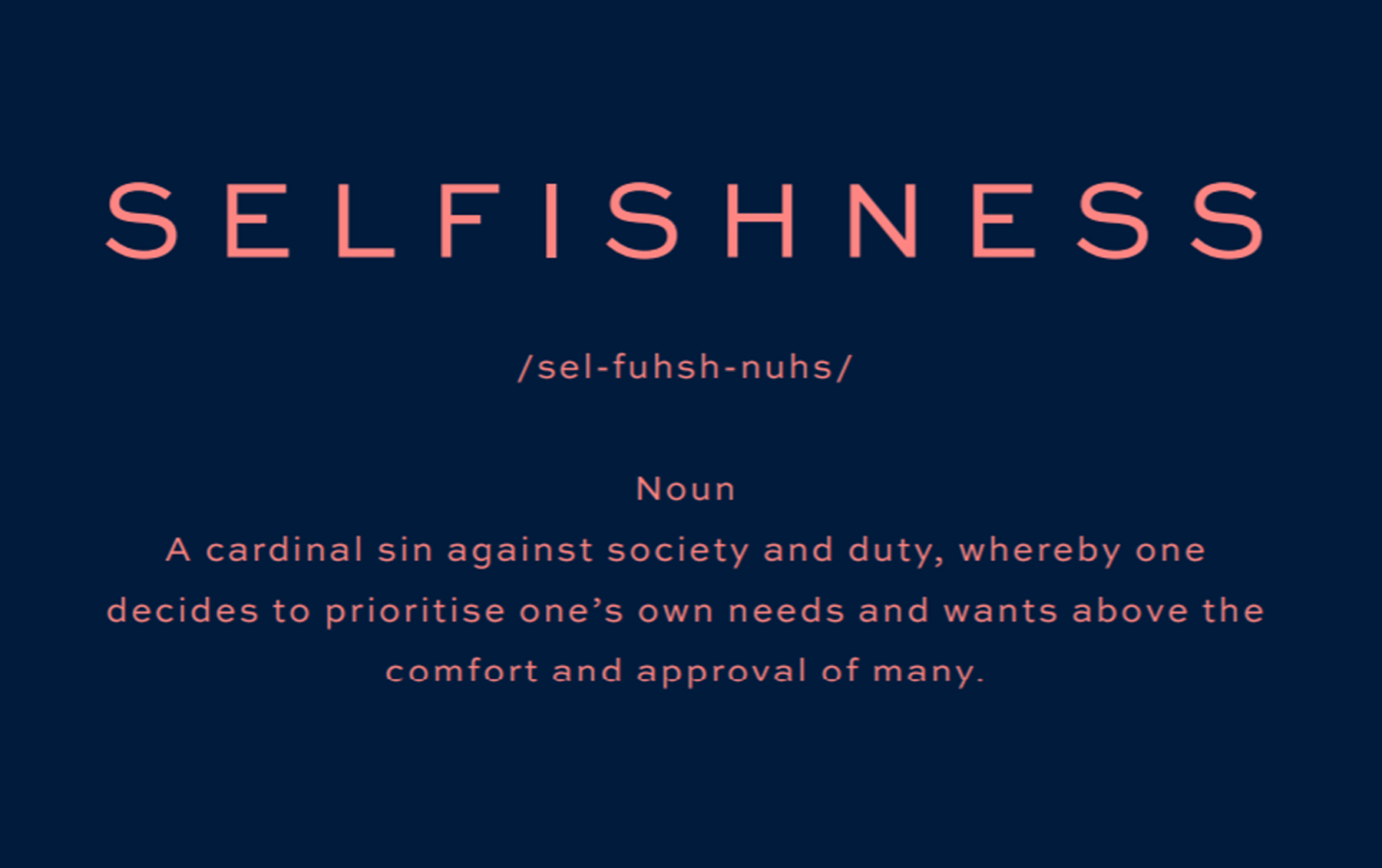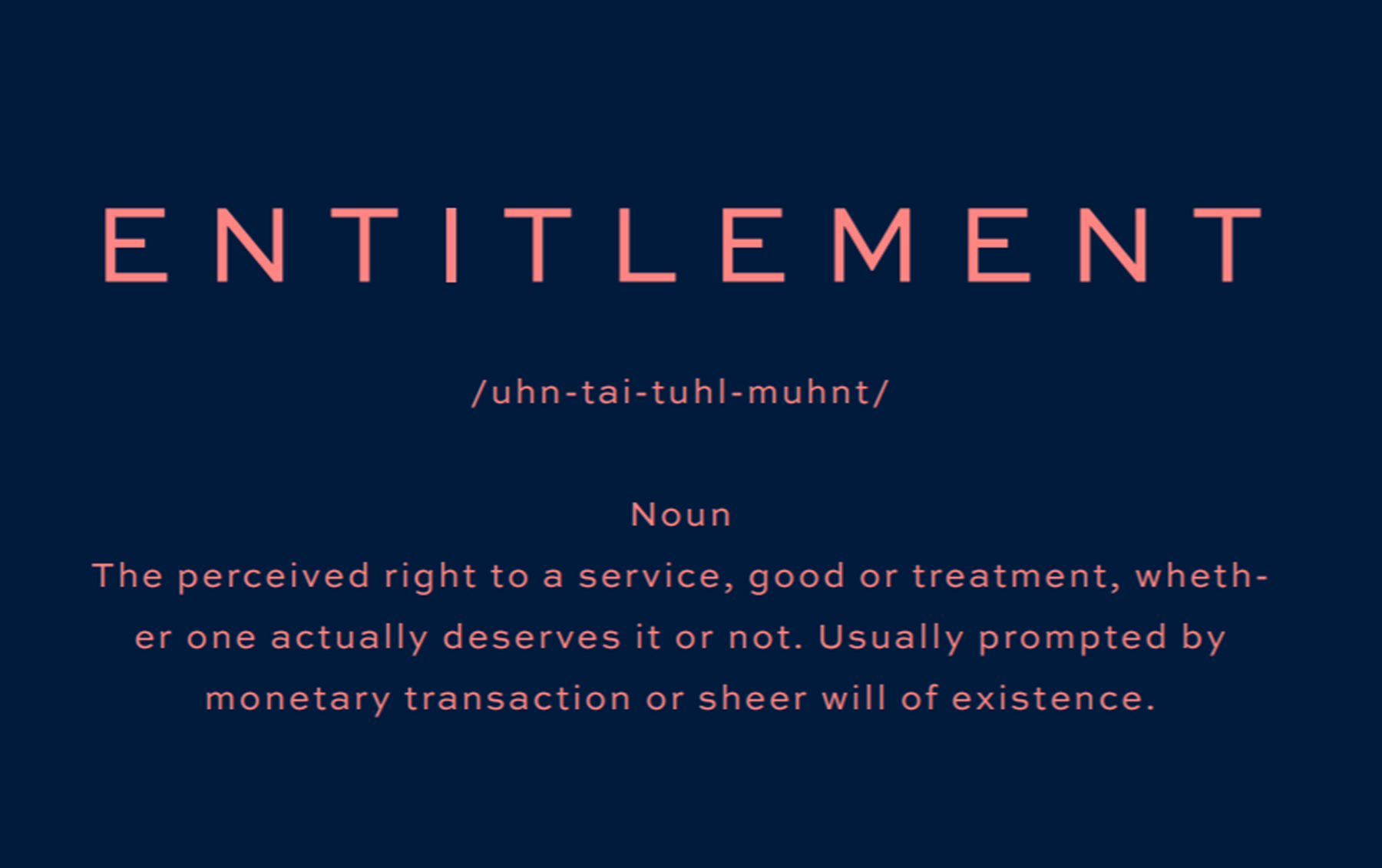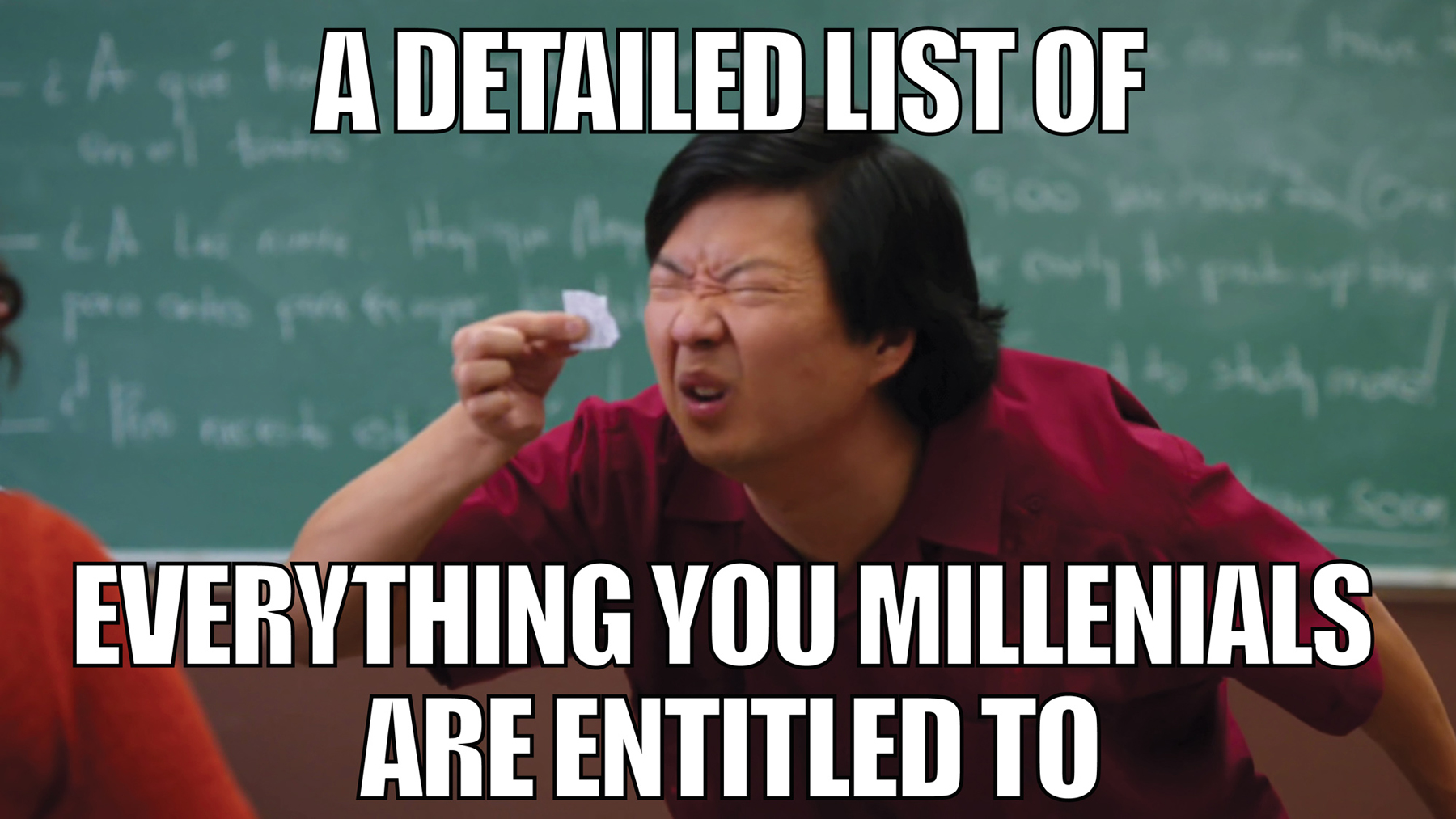Love thy neighbour as thyself, the adage goes. But some differences are harder to bridge, especially when they are formed through generations of societal and cultural history.
“I’m telling you this, because you’ll understand. You’re not from here.” This opener is quickly becoming the refrain of my time in Korea. The serious gaze S levels me with tells me that I should treat her next words with utmost gravity. This seems like a conversation much too private for a crowded subway carriage, but S has pre-emptively switched to English as a precaution.
“I’ve been seeing someone, for some time now.” S quickly shakes her head to ward off my congratulations. “I will show you his photo, then you will understand.” She reveals a polaroid squirreled away in the depths of her wallet, she and him grinning at the camera, faces side by side. They look happy. I do not understand.
“He looks like a boy.” S’s voice drops into a whisper, “he looks like a boy next to me.” S is tall, taller and larger in frame than most of her peers; although four years younger, she looks my age. Her paramour, she explains, is almost six years older than her, but baby-faced and barely taller. Does he treat you well, I ask her, are you in love? S’s face lights up, and her hands are animated as she describes his gentleness and care, his maturity and well-considered ways. Her smile dims, and she continues, “but he’s not what everyone expects.” Who is everyone? “You know, everyone.” ‘Everyone’ expects S—and her boyfriend—to end up with people who make up for their shortcomings. In S’s case, a man who makes her look her age, look small and dainty comparatively, assure them that she is a good Korean girl after all. S tells me how she feels conflicted, about hiding how happy she is, about being happy in the first place. She laughs when I note that she’s dating him, not “everyone.”
“I guess you kind of understand, but maybe not all of it.” I should. The burden of expectation is implicit in most cultures, and especially so in Asian cultures. What surprises me is the rigidity and specificity of the archetype S feels pressured to conform to. In the end, all I can say to S is that I am sorry she feels this way, but that as long as she feels he is worth it, she shouldn’t give up. Her expression remains grim. I append my statement; there is no need for her to tell anyone before she is comfortable with it either. S’s nod is part unsure, part relieved. The rest of the train ride is silent.
Several days later, as I am attempting in broken Korean to deflect our friends’ insistent wheedling for a night of drinking, S rescues me with a disapproving twist to her mouth. When the frown remains as we walk away, I realise her disapproval is aimed at me. I’m trying to fit in, I tell her, I know things are done a certain way here. “You don’t have to do what they say, it’s not right. And you’re not from here.” So why should she, even though she’s from here? Her steely eyes remain focused ahead. “Maybe, someday.”
***

The pressure of expectation and conformity is deeply rooted in South Korea’s culture. Expected ways of behaving in social contexts, such as an irrefutable hierarchy of seniority, can create an exaggerated power imbalance. These expectations are reinforced through peer pressure, sometimes leading to demands that go beyond simple respect, which are couched in etiquette.
This expectation naturally creates homogeneity; this can be seen in South Korea’s fashion-forwardness, wherein once trends are noted, they are quickly adopted and assimilated into the culture as a goal to embody, in demonstrating one’s fashionableness. More intangibly, it creates the mould of an “ideal Korean,” and everything from politics to relationships are socially policed with this archetype as the datum. Naturally, in a homogenous society, deviation becomes even more pronounced, and the slightest difference—a darker skin tone, for example, that is not a result of ethnic difference— can result in discrimination, sometimes even unintentionally.
While younger generations are increasingly critical and self-aware of this societal pressure, they nonetheless face the nigh-insurmountable obstacle of conformity versus individuality. The inculcation of cultural values, even in the face of one’s happiness, is a tough barrier to break, especially in a society like South Korea, where expectations are unanimously accepted and often unquestioned.


“Finally, she gave me permission to go, but I got the cold shoulder from her for weeks afterwards.” M is describing his passive-nearly-turned-aggressive battle with a supervisor, which started when M caught the flu a few days prior. We are having dinner in Osaka, where M has lived and worked for a number of years, and I am visiting for a few days.
Clearly, I trigger some outrage when I ask him why he waited to go see the doctor, because M puts down both his food and his chopsticks to give me an indignant look. “You know clinics don’t open past working hours right?” So why not take medical leave at the start? M’s beef grows cold as he launches into a detailed explanation of exactly how long it takes to get approval for something like medical leave.
“You can’t ask outright; you need to build up to this kind of conversation.” He describes segueing small-talk about his supervisor’s kids into inquiring about their health and finally, bringing up how he’s feeling under the weather. “Then she asks, am I sure I’m not just feeling a bit tired? She says the company needs me, so she’s counting on me to stay strong.”
Apparently, this dance continues for a few days, until M demands to be given the afternoon off to visit the clinic. Demands. “I just tell her that I’ve finished my assignments for the day, and I don’t think I can contribute anything to the company when I’m feeling so sick anyway.” Thankfully, after a couple days of rest, M is fine. This little transgression, however, puts him in his superior’s bad graces, which leads to this retelling over M’s beef bowl.
But why, I ask, is a flu such a big deal. M shrugs before picking up his chopsticks. “I guess getting sick is just selfish.”
M’s story becomes conversation fodder for when K is in town, on a brief holiday before returning to Tokyo. For as long as I have known her, K has been living outside of Japan. She makes ambiguous noises and nods along at M’s plight, waiting until I conclude the story to mysteriously intone, “Well, that’s the way things go.” I ask K if she would have asked for sick leave. “For a flu? I probably would have just gone in. With a mask, of course. I’d feel a little... selfish, you know? わがまま (wagamama).” So has she ever called in sick? “Yeah, when I can’t get out of bed.”
Over the years, K has described a number of situations and worries to me with just that one word, “wagamama.” Anything from unspecified body odour to unskillfully turning down an overly romantic colleague can be classified as someone’s wagamama. Discussing M gives K the perfect opportunity to unload her feelings about her own cousin’s situation. “You know how she’s recently had a child? So in order to take care of her son, she asked her office for slightly different working hours. But she’s heard from a colleague that the others are calling it a little irresponsible, that she’s not doing her job properly...” Oh, wagamama? “Yes, that’s what they’re implying.”
If her cousin’s office approved the change, then how can her colleagues call it selfish? K’s brow is furrowed as she considers this. “I suppose it’s because she’s not in sync with everyone else, and it does inconvenience them. I’m not sure how I would feel in her shoes. Or their shoes.” Would K be pressured to go back to normal hours, if she were her cousin? “I don’t know... She’s sacrificing something, for sure, whether it’s to take care of her child, or to do her job. But maybe it’s more of a wagamama to work irregular hours because being a mother is just a duty she has.” K’s expression remains puzzled as she lifts her eyes to meet mine. “Do you think it’s selfish to want to be happy?”
***

わがまま (wagamama) is a distinctly Japanese brand of selfishness, going beyond egoism and wilfulness to imply a disregard for social conventions your fellow citizens. Wagamama is best explained in tandem with the idea of 迷惑/めいわく (meiwaku), which translates to nuisance, annoyance or inconvenience. To have wagamama is often to cause meiwaku to someone, whether that is an individual, a collective, or society at large.
In Japan, where harmony, peace and the smoothness of everyday life is maintained through an unspoken understanding of social mores, conventions and taboos, interfering with this cultural flow is seen as disrupting society. The unacceptable aspect of wagamama and meiwaku is less of plain selfishness, and more of one’s failure of duty, especially when everyone else is actively and successfully upholding their end of the social contract. The nail that sticks out is hammered down.
The complication lies in how exactly things are defined as wagamama or meiwaku. Some examples are straightforward; blocking a public street causes inconvenience to others, and therefore is wagamama. Others are more ambiguous; is missing an internal deadline because of illness considered selfish, because you have inconvenienced your colleagues? Does embracing your homosexuality become wagamama, because it defies the normative expectation of marriage and biological children?
In this complexity of society and self, wagamama appears to most clearly manifest in instances where sacrifice is displayed. If one attempts and ultimately fails to adhere to their role, the line between wagamama and something else—perhaps, a lack of tenacity—blurs. When one prioritises their needs and wants, actively refusing to comply with and therefore inconveniencing a system of intangible relationships, that becomes wagamama.

“You don’t have to worry, this is just for the record. L came directly to me and asked why you failed him, so I need a formal reply.” Prof. H politely gazes down and rearranges his papers, giving me ample time to school my expression into something that isn’t indignance. L’s essay, accounting for nearly a third of his class grade, sits between us on the desk, suddenly charged. “Yes, I’ve read it. It’s... not good,” Prof. H states mildly, extending his hand to flip a page.
“With all due respect,” I start, “I’m not sure why L asked about this. I failed his essay, but he still passed overall.”
“Yes, but it’s still not a good grade. I looked at his GPA; this class will pull him down.”
“Prof. H, I don’t see how either of us is responsible for that situation.”
Prof. H leans back in his chair, narrowly escaping cartoon villainy as he peers over the top of his glasses.
“Well, why did you fail him?”
I am lucky that Prof. H is not a man caught up in formalities, because I gesture at the paper, annoyed. “I mean, you read it.” L’s essay is a mess; misunderstood theories, inconsistent arguments, weak examples. Prof. H nods, but doesn’t fully accept my answer.
“Yes, but if you were being generous, you could have passed him. It’s not a stretch. What’s the full story?”
The full story starts with explaining that L is one of a few students in my class outside of our major; perhaps an unwise choice, considering how theoretical and specific the curriculum material can be. L is in his final year, ready to graduate in good standing. He attends classes diligently and turns in his work on time. Unfortunately, L is disadvantaged, having no training in the specialised topics, methods or prior knowledge discussed within the curriculum. His grades are below average.
“Does he attend your office hours outside class to seek help?” “Yes,” I start slowly, “but the sessions are always... challenging.” Literally. My consultations with L usually start with me explaining how he has misconstrued a concept in his assignment or giving him more background on a topic discussed in class. Often, they end up with him questioning the grades I give for his work. One time, L implies that his difficulty in class is due to my inadequate teaching.
“So would you say that his attitude affects the way you’ve graded him?” There is a pause as I search for an answer. “Yes— but not because his behaviour is frustrating.” Like many of my students, L schedules a consultation with me upon receiving my comments on his draft for the final. Unlike the others, he disagrees with my advice and comments—quite vocally—and actually asks me how I would write this essay then, if I feel his proposal is inadequate.
“If you compare the draft and his essay, you’ll find he ignored most of my suggestions for improvement. The result is something that doesn’t make sense, and I can’t mark that as a pass.” I take Prof H.’s slight nod as silent agreement. My curiosity gets the better of me, and I have to ask, “What exactly did L say to you about this?”
“He told me that he doesn’t feel like he should fail, with the effort he put into the essay. He mentioned since he is not from our discipline, there should have been more consideration in helping him.” My back hits the chair. The corner of Prof. H’s mouth twitches.
“Because he does the work—not even because he does it well—he feels entitled to a pass?” “Apparently so. Well, to conclude, will you consider changing his grade?” “No.”
Prof. H stands, and I follow. “Alright; that’s all for today. I’ll deal with this. I’d also like to thank you for teaching this module. Since you’re graduating after this year, I doubt any professors will be contacting you to tutor next semester. Good luck.”
***

Entitlement is not a uniquely Singaporean phenomenon. Objectively, the word “entitlement” is a fact: the right to something, or the extent to which that right is allocated. As a member of any faction—be it humanity at large, or a particular polity—one is inherently entitled to certain treatments and rights.
The sense of entitlement which permeates Singaporean society is more adequately explained as an erroneous belief that one deserves particular attention or privilege, simply because one is Singaporean. This is inflated through the core tenet of meritocracy, wherein everyone is afforded the same opportunity to succeed, based on standardised, non- discriminatory testing. Those who excel are propelled upwards and offered further opportunities. The problem of entitlement goes two ways. Firstly, in the assumption that because one participates in meritocracy, one is entitled to succeed. Secondly, in the belief that because the state is a meritocracy, all Singaporeans start with equal circumstances.
The former is a result of meritocracy having been inscribed into Singaporean culture, upward economic advancement having propelled the country rapidly from seaport to thriving metropolis. Money becomes a meter for measuring success. This has also instilled a belief that as long as one pays for a good or service, one is entitled to an expected level of treatment. The same can be said of effort; as long as one works hard, one is presumably entitled to success. This transactional understanding of entitlement infiltrates everything from customer service to education and even the public transport system. While it is not wrong to expect quality or results, the Singaporean sense of entitlement treats any disparity between investment and outcome as a violation of rights, without considering there may be other underlying factors.
The latter problem is more insidious; many of the boons offered by the state—such as subsidised housing and education—are touted as basic rights, when they are actually prerogatives. Many Singaporeans fall through the cracks, but are seen as inadequate when they are in fact disadvantaged. Discrimination is still a social undercurrent that manifests in many situations. Entitlement, however, often prevents those who do not experience drawbacks from realising that they are not the average, but rather, privileged.
**
This article is part of Cultural Dictionary, a series in which guest contributors delve into cultural nuances to form a lexicon which may aid us in understanding the similarities and differences between us.




